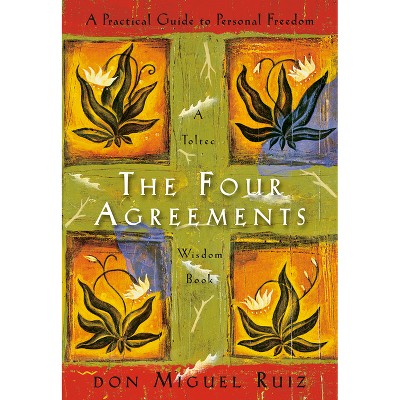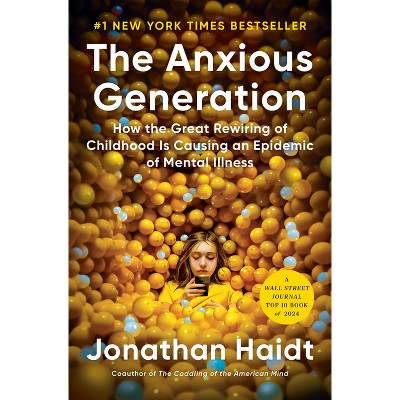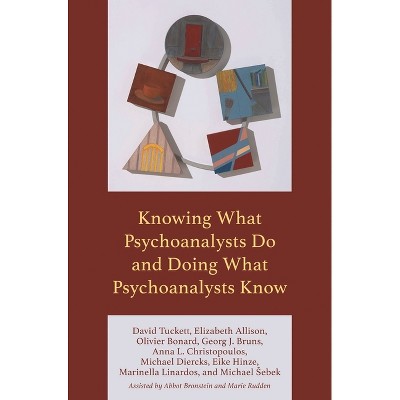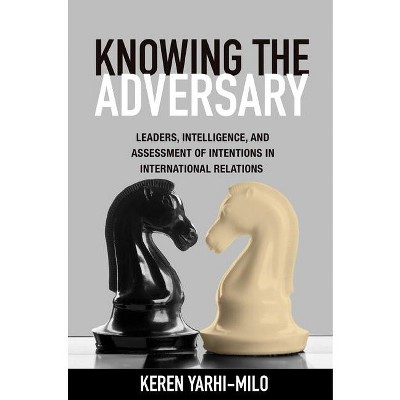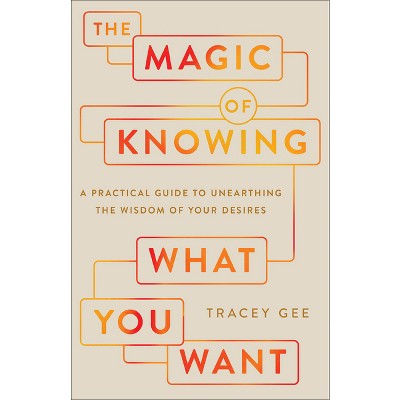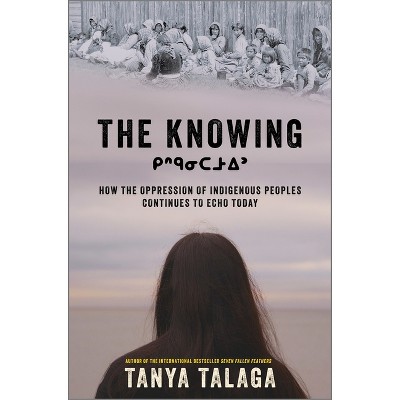About this item
Highlights
- A tribute to Shmuel Erlich for his eightieth birthday, this volume explores and challenges anew psychoanalytic thought, practice, and education.
- Author(s): Shmuel Erlich
- 332 Pages
- Psychology, Movements
Description
Book Synopsis
A tribute to Shmuel Erlich for his eightieth birthday, this volume explores and challenges anew psychoanalytic thought, practice, and education. Erlich's "internal dialogue with my own knowing and unknowing" has informed his own analytic creativity and inspired the many distinguished analysts who have contributed to this book. Its wide range of topics include clinical work, culture, training analysis, group process, etc. All readers seriously interested in psychoanalysis will discover gems within this rewarding festschrift.
-- Harold P. Blum, M.D. Executive Director Emeritus, Sigmund Freud Archives
This book, dedicated to Shmuel Erlich by his friends in Israel and abroad, is a unique treasure of essays and an opportunity to partake in a bird's-eye view of the search for knowledge by an assemblage of prominent psychoanalysts from all over the world.
The body of knowledge we are presented with is many-colored yet built on a common base of traditional psychoanalysis. It is thrilling and inspiring to see the various roads which free and original thinking can take from a common base - both in the Israeli Society where Shmuel Erlich is an active and influential member, and in Europe and America, where his contribution to psychoanalysis is highly appreciated.
-- Nomi Anner, Training analyst, Israel Psychoanalytic Society
Review Quotes
Already from the title, this celebration of the life and work of Shmuel Erlich invites us to get to know him. This collective gift takes us on a compelling psychoanalytic journey that covers great distances, as its contributors are long-established psychoanalysts from all over the world.
Reading it also entails putting into practice Shmuel Erlich's suggestion that when we embark on the road to knowledge, we should maintain a tension between knowing and not-knowing. This position is consistent with the contemporary philosophical tendency to restore the notion of ignorance to its true value. We must rid ourselves of a knowledge that may prevent us from coming into contact with the essence of things. There's a trace here of Bion's concept of learning from experience.
The meeting between his personal history (which includes several migrations, uprootedness, learning new languages, and the shadow of Nazism in his country of origin) and psychoanalysis produced a passionate clinician and teacher, a professional who is always alert to the social context, a leading figure in institutional affairs. Shmuel Erlich's devotion to psychoanalysis, along with his amazing capacity for work and great mental acuity, provides an incentive and an example for those of us who are lucky to work with him.
Virginia Ungar, President-Elect International Psychoanalytical Association
Shipping details
Return details
Trending Diet, Health & Fitness Books

